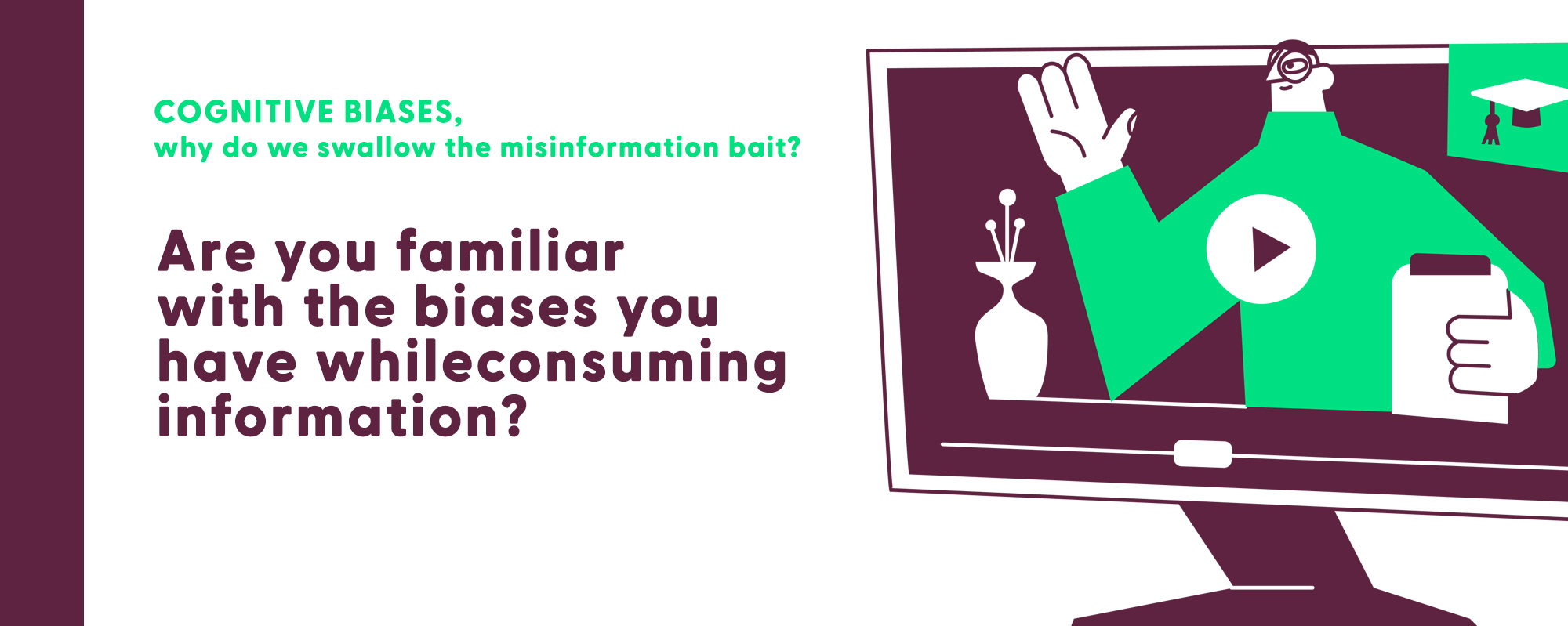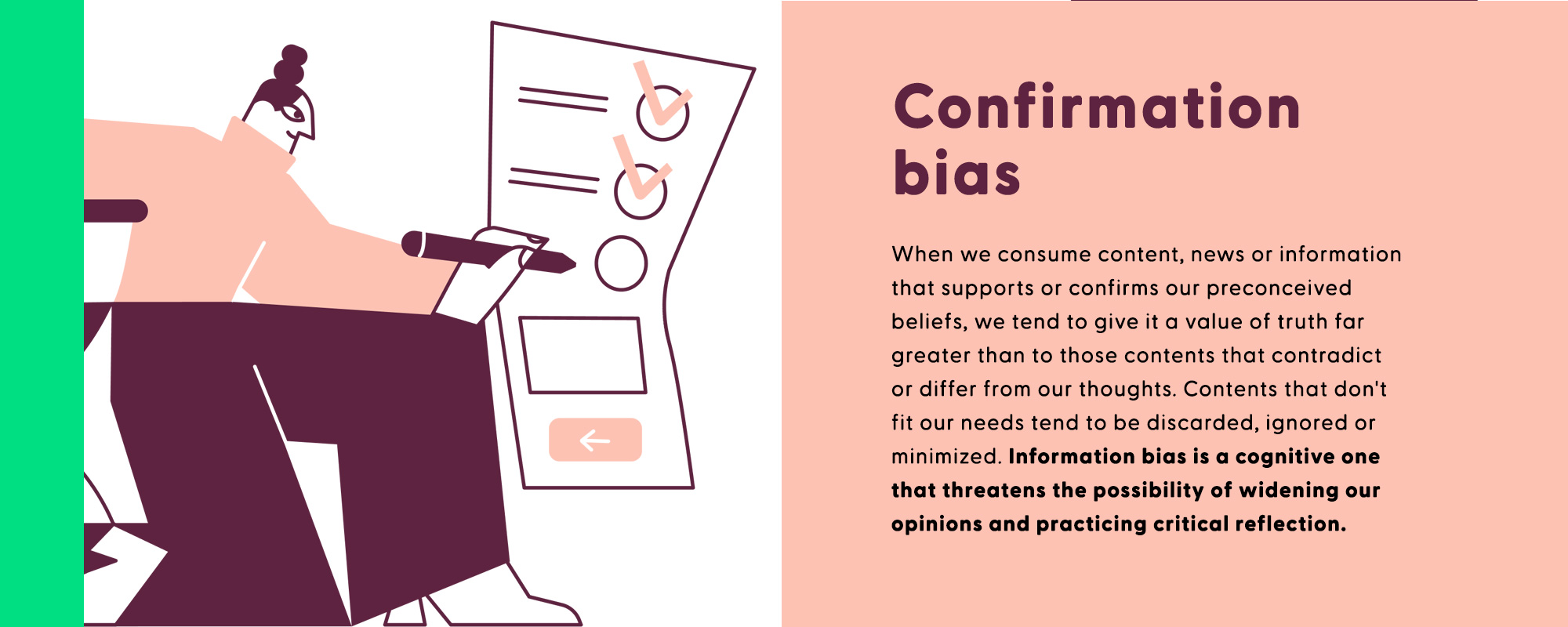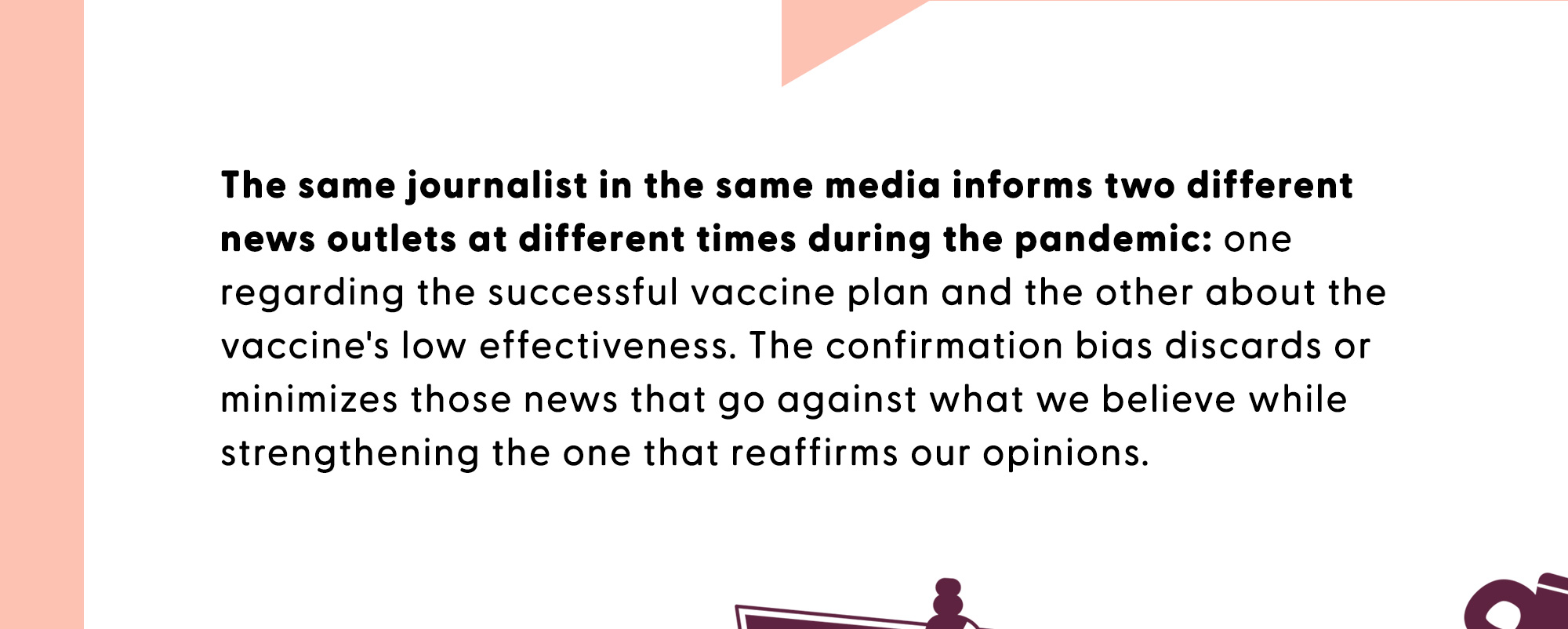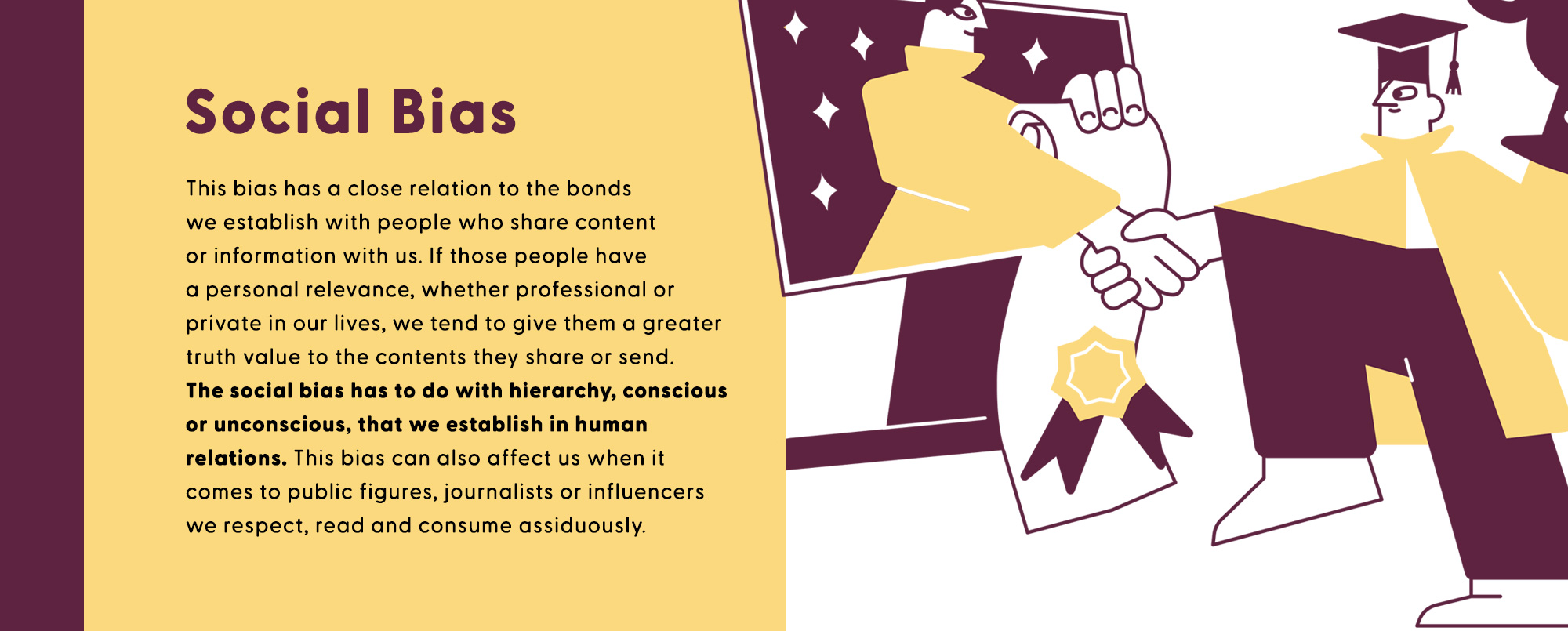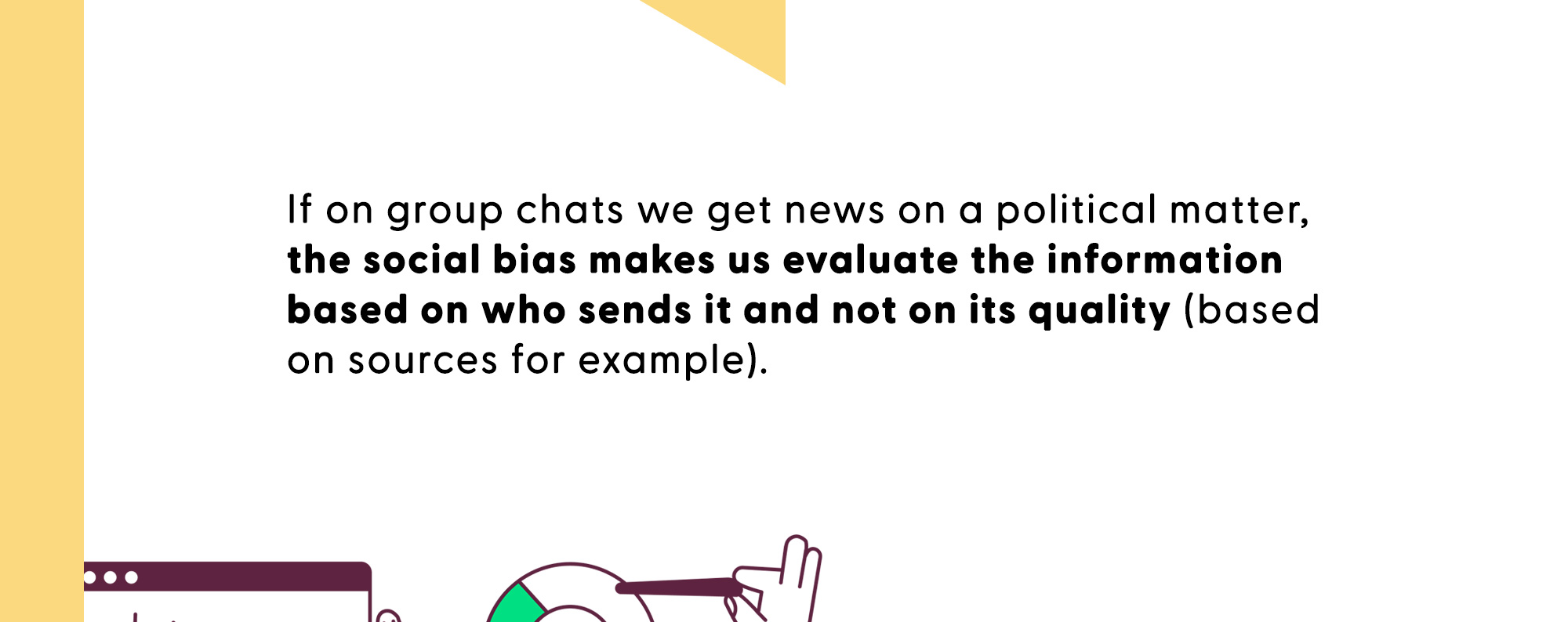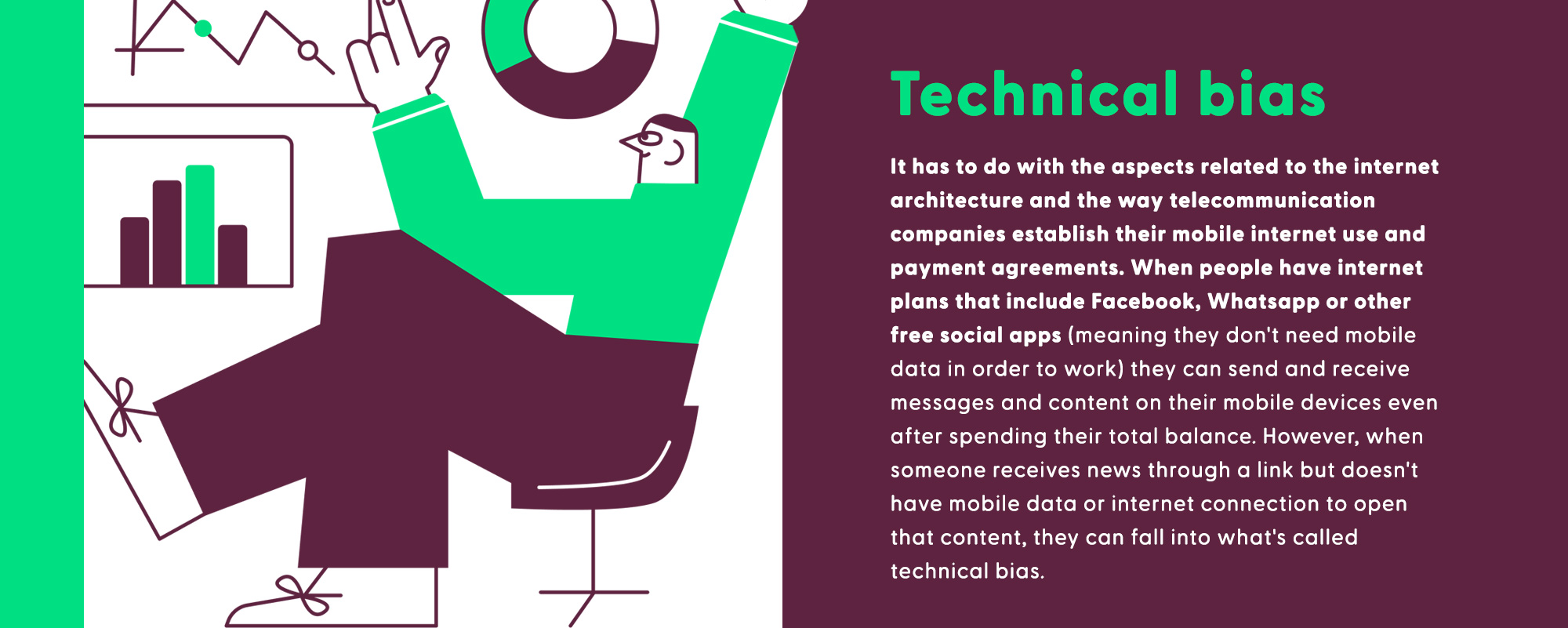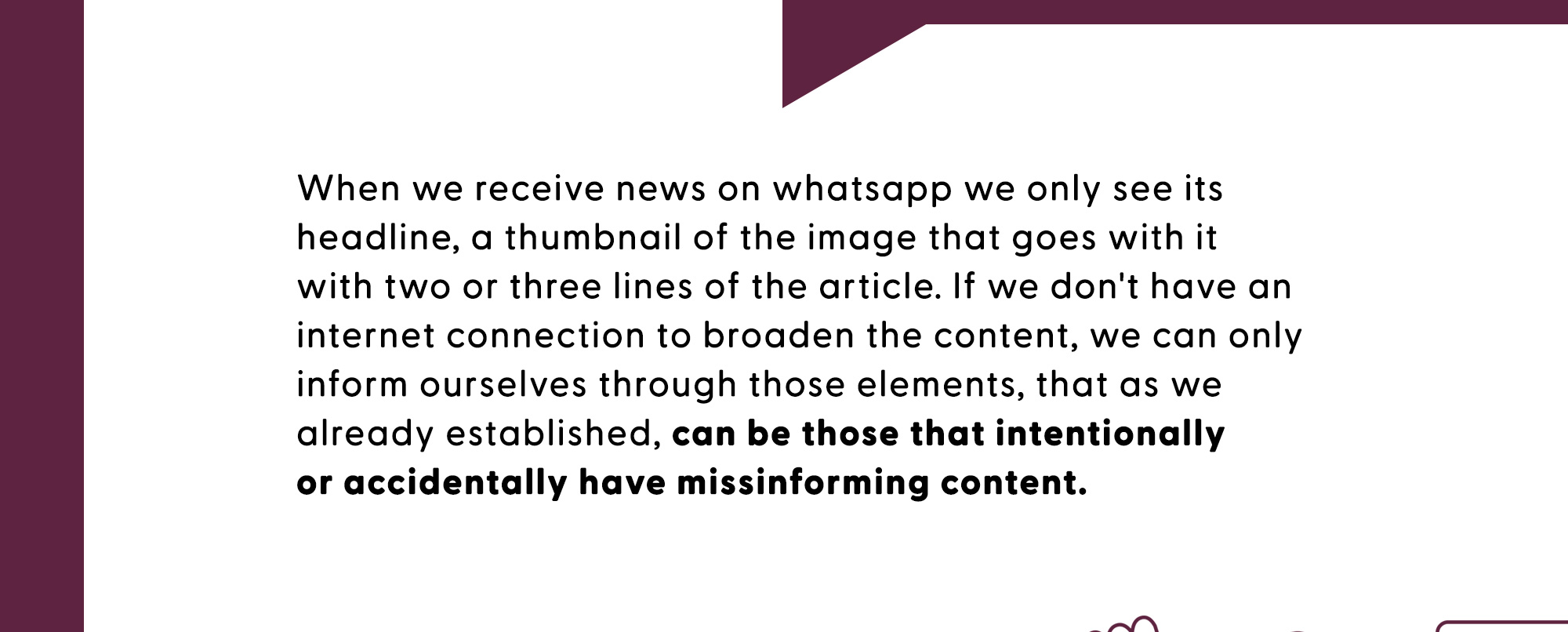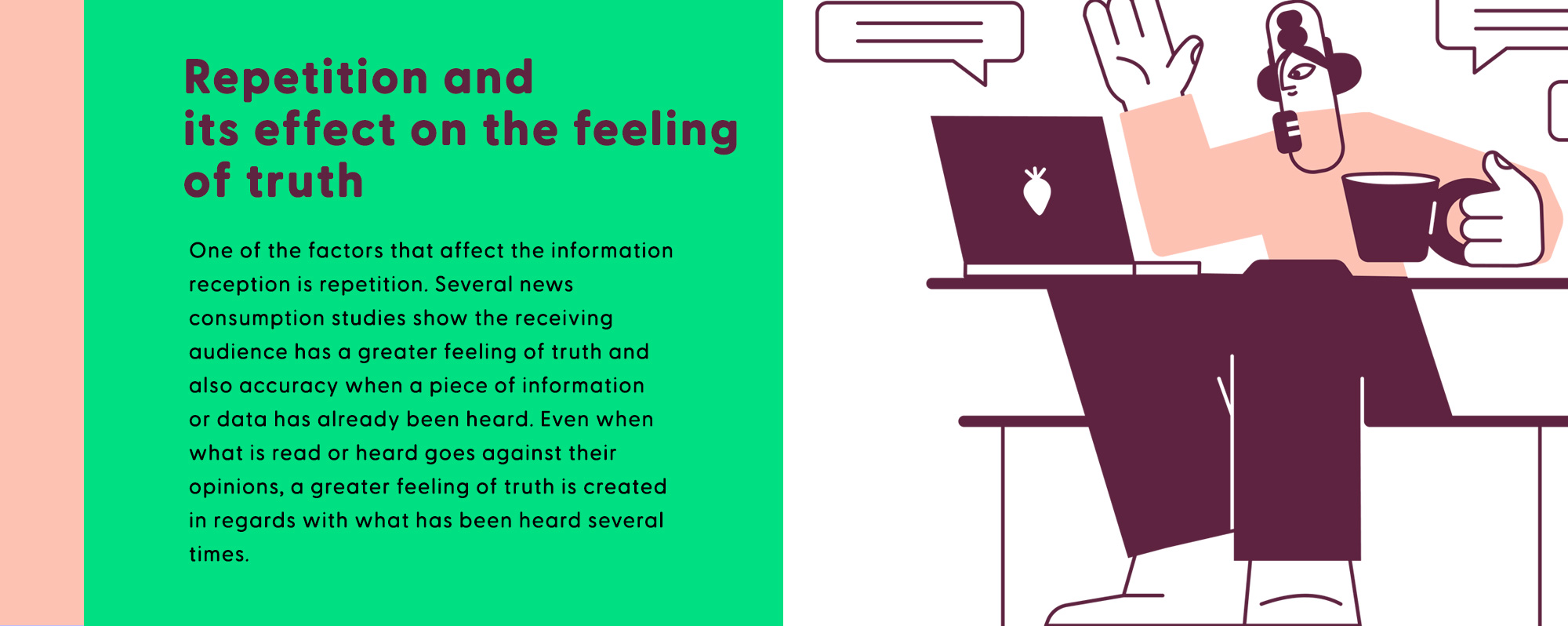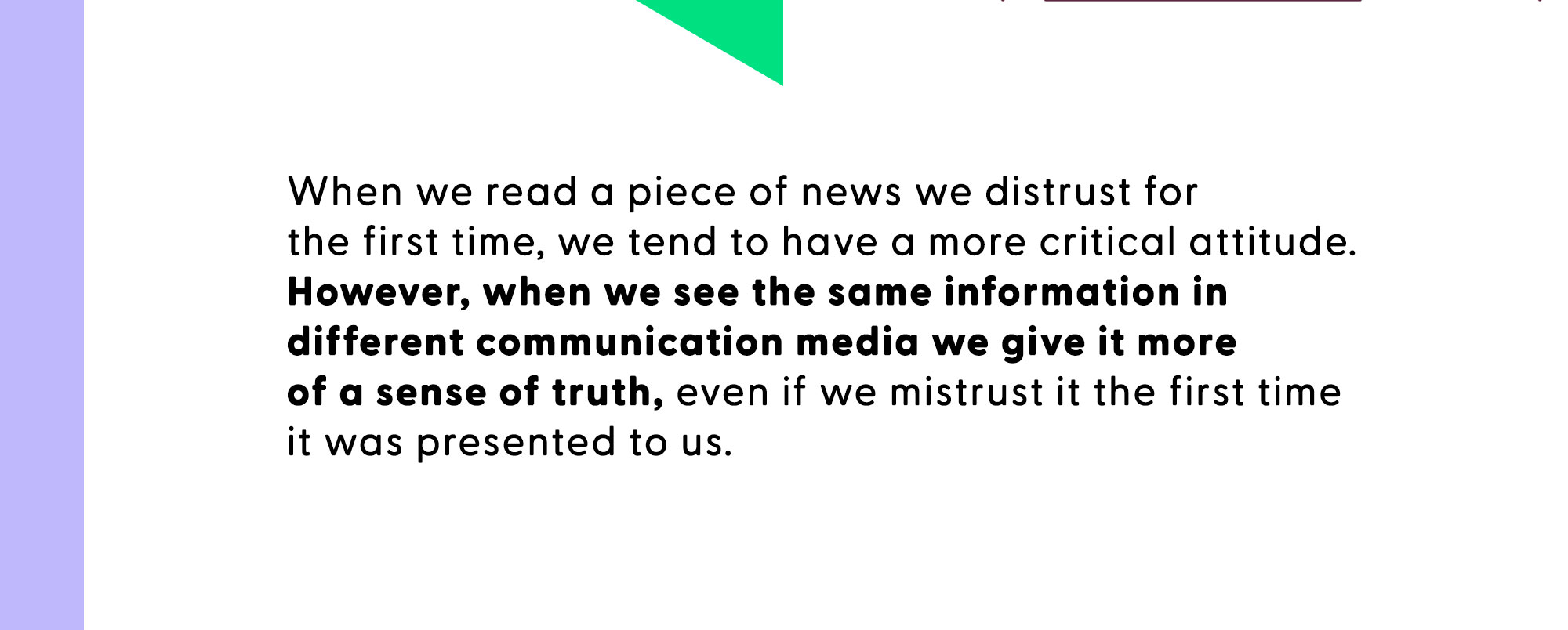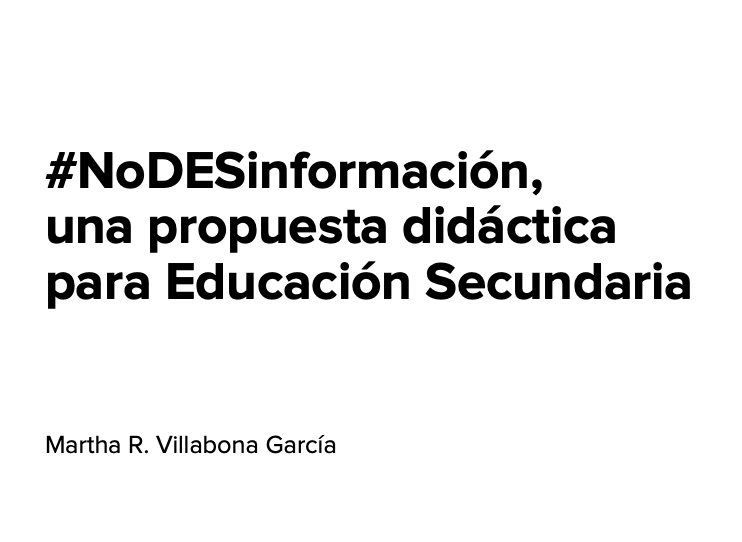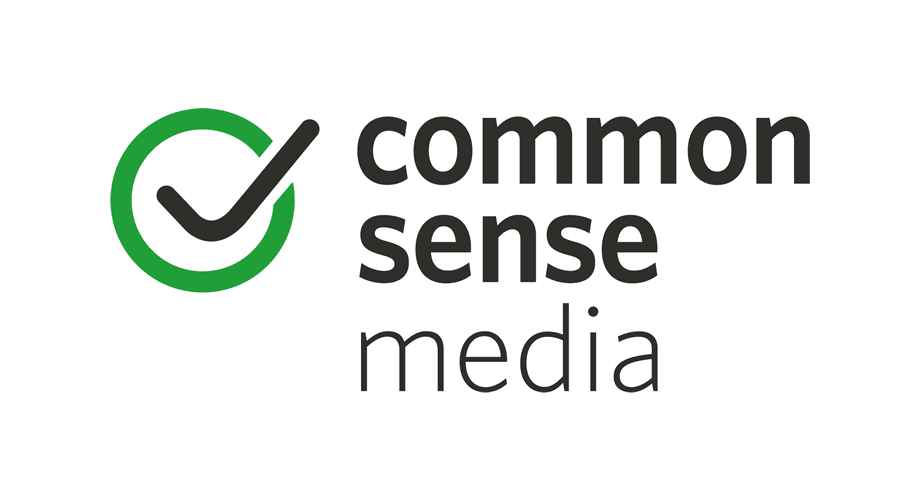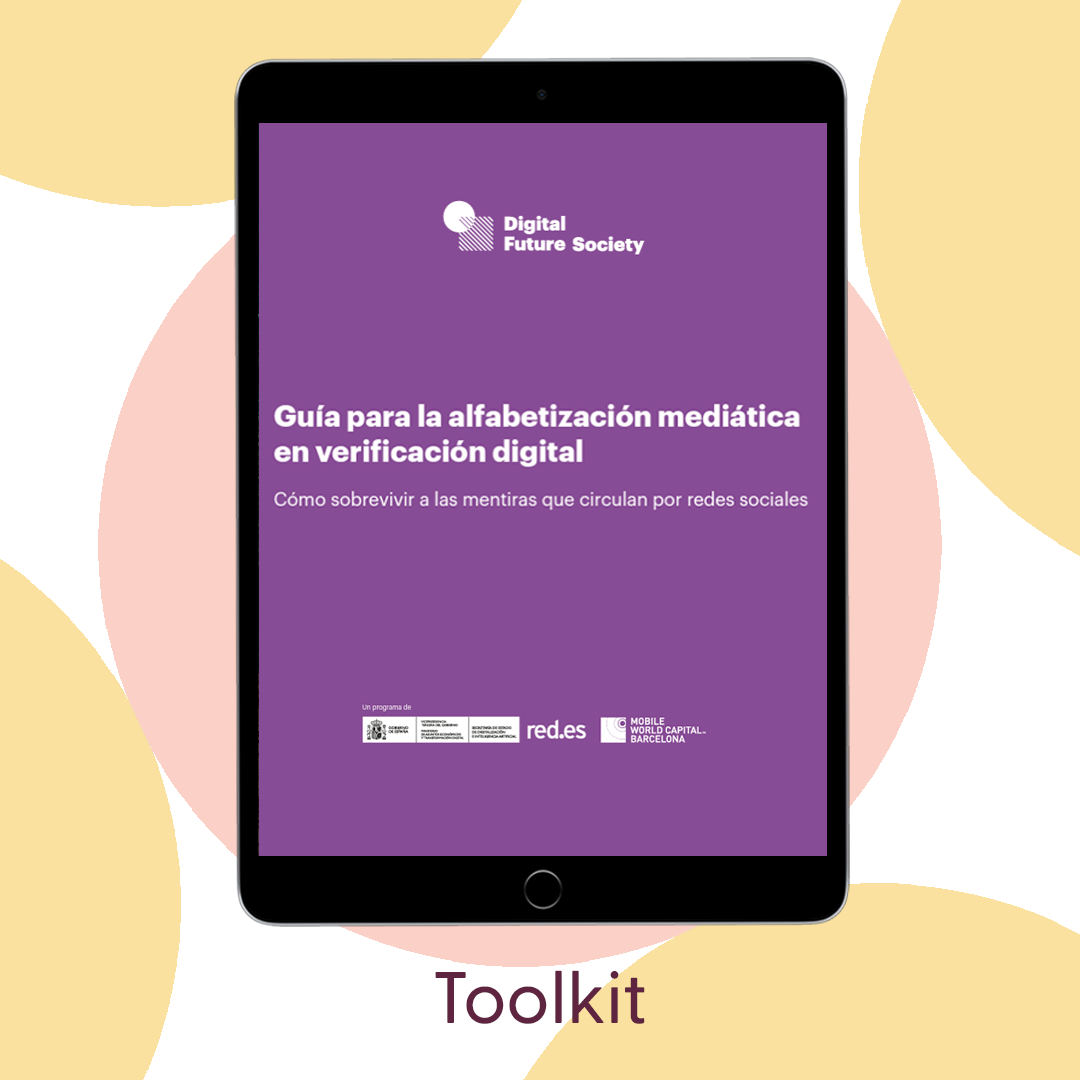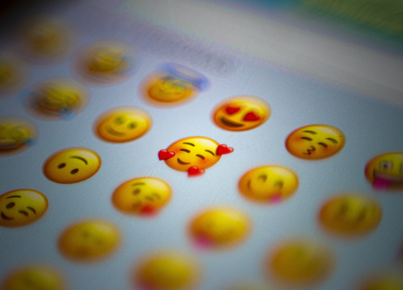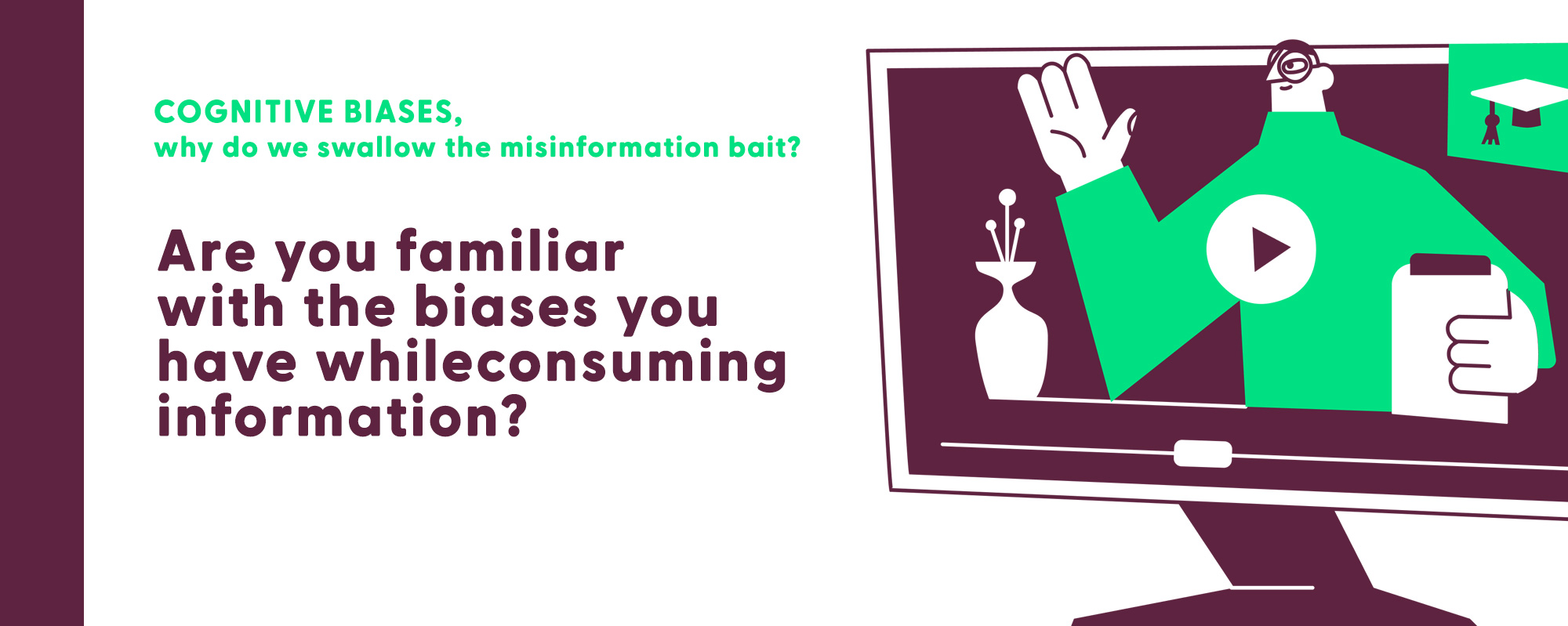
Cognitive biases, why do we swallow the misinformation bait?
In the current digital society, students can access large amounts of information. At any time and only one click away. However, not all information they are exposed to is truthful or reliable.
From this diagnosis comes the challenge and need to power critical thinking at school, so young people can analize, reflect and filter the contents they use, reducing their vulnerability to external manipulation and powering one of the most important cognitive abilities for personal and professional development.
When we talk about information and lack of information consumption and spreading, it is important to deepen the recognition and analysis in biases, understand their fundamentals so that students can learn to identify, classify and analyze content and, at the same time, become aware of their own.
Whether in consumption or diffusion of misinformation, we have a key role, voluntarily or involuntarily, as social network and internet users. As digital citizens with platforms we go from being consumers to prosumers.
When reading, searching or consuming content, cognitive biases are operating on our perception: a way of viewing the world with which we filter all the information that we face and affects all people in different aspects of life.
In this sense, when working with misinformation it is important to go deep into different types of biases that have an influence in our ties with the information we consume and spread.
Biases have a major role when it comes to understanding the complex aspects of the misinformation issues, since they make up for different obstacles to access information in a reflexive and critical way.
Misinformation production is enriched by these biases that act deeply in polarized societies that are constantly looking to confirm their beliefs and previous values.
Truthful information and news or contents that uncover misinformation campaigns have a lower reach effect than false, manipulated, twisted or outdated content, since its less attractive for not operating in line with bias
Due to all this, it is key to develop critical consumption and abilities and spread responsibility, not only when talking about misinformation but also to form a digital citizenship that is more committed with their historic time.
Below you will find some links that may come useful to work on this subject in the classroom:

